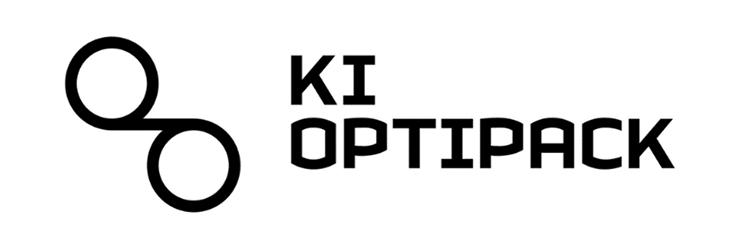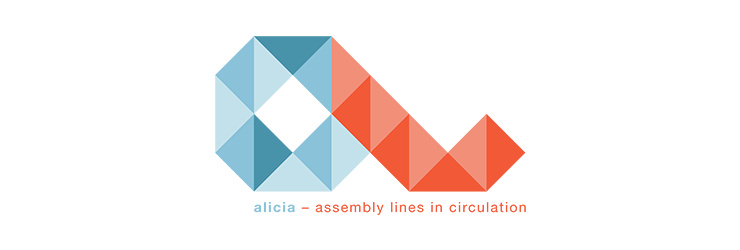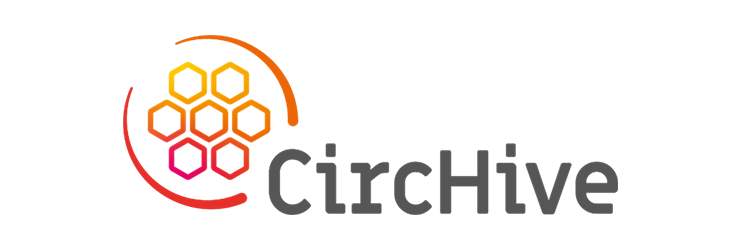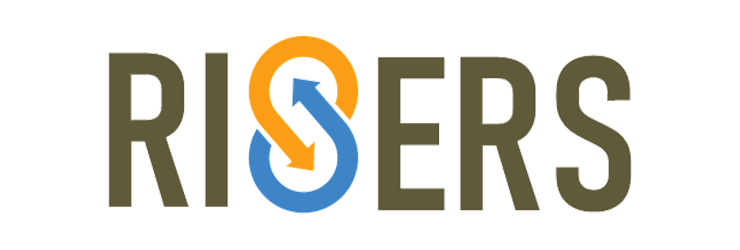Research projects Circular Economy
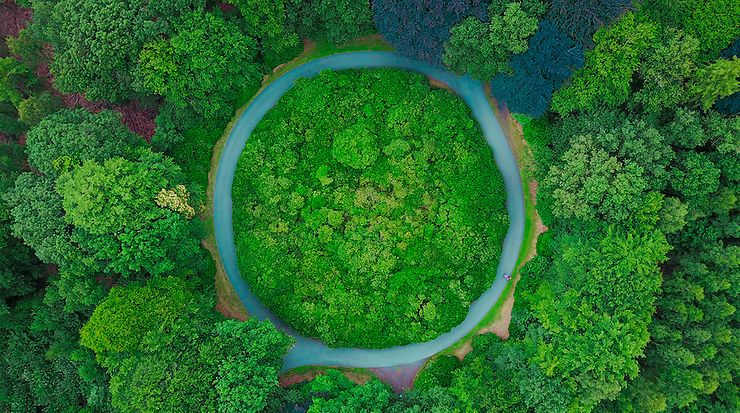
Circular Economy aims to transform value creation – moving away from a linear throw-away society to a circular model. This means using raw materials as long and as often as possible and, ideally, keeping natural resources in cycles without consuming new resources, thus enabling a socially acceptable economic activity within ecological limits. Nationally and European-funded research projects are looking at different areas of the economy/economic segments to rethink business models and develop circular models.
DIN supports research projects by identifying standardization potentials and managing standardization activities to develop standards on national, European or international level. These can help to standardize terminology and interfaces, promote clear communication between the various market actors in the cycle, create new techniques for circular products, and achieve broad social acceptance of circular products, which in turn is a prerequisite for circular solutions to become an economic success.

